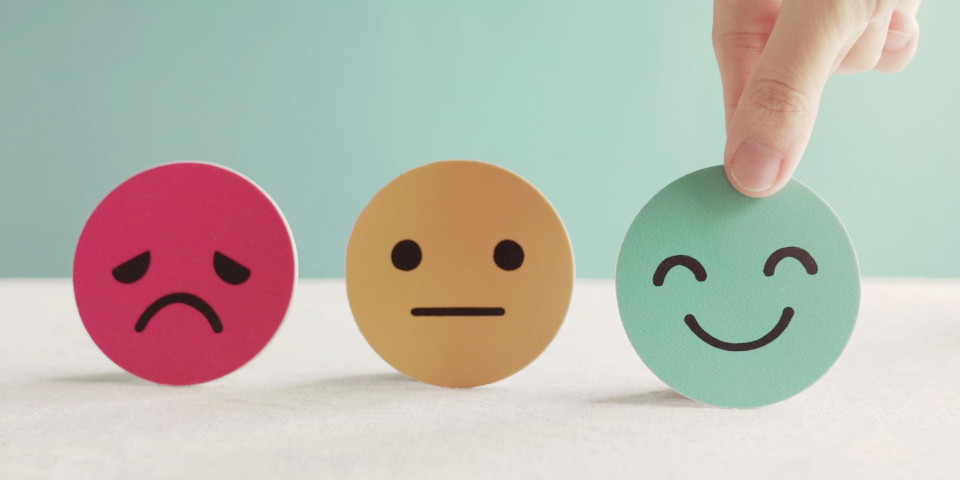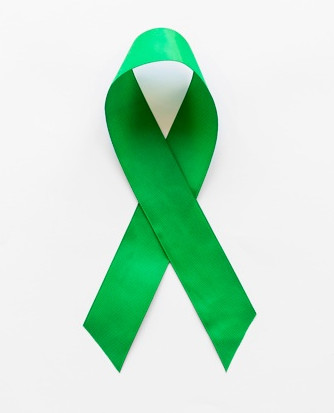Latest News
World Mental Health Day
Posted on Friday, 8th October 2021

The disruption and challenges we have all faced over the last 18 months mean that it has never been more important to look after the mental health of ourselves and others. Ahead of World Mental Health Day 2021, we take a look at what mental health is and what you can do to improve your wellbeing.
What is mental health?
Mental health is a broad term which is open to interpretation, but generally refers to a person’s ability to manage their emotions and feelings in order to function in their daily lives. The World Health Organization (WHO) definition of mental health is a “state of well-being in which the individual realizes his or her own abilities, can cope with the normal stresses of life, can work productively and fruitfully, and is able to make a contribution to his or her community".
You can think of mental health in the same way we think about physical health. Just as we have to look after our bodies to stop ourselves getting physically ill, we need to look after our mental wellbeing to maintain good mental health. As well as significant psychological problems, poor mental health can also lead to serious physical problems such as insomnia and high-blood pressure. If sufferers do not get the support they need, it could lead to them taking extreme measures such as substance abuse, self-harm and even suicide.
How many people suffer from poor mental health?
 According to figures from WHO, one in four people will be affected by a mental health disorder at some point in their life, with 450 million worldwide suffering from poor mental health.
According to figures from WHO, one in four people will be affected by a mental health disorder at some point in their life, with 450 million worldwide suffering from poor mental health.
In the UK, mixed anxiety and depression are the most common mental health problems, with 7.8% of people suffering from either of these issues. Those from poor or disadvantaged backgrounds are more prone to suffering these common mental health problems, likely due to more challenging life circumstances and the lack of resources available to support them.
While poor mental health can affect anyone from any walk of life, men who work in construction are particularly prone to mental health problems. Our blog on the ‘Construction Mental Health Report from CITB’ highlights why this is the case and what can be done to reduce these shocking figures.
When is World Mental Health Day?
World Mental Health Day takes place every year on the 10th October. It is an event organised by the World Health Forum and supported by a wide range of health bodies around the globe.
Why is World Mental Health Day important?
The goal of World Mental Health Day is to help raise awareness of how mental health affects our lives. This day aims to get people talking about mental health issues in order to end the social stigma.
The theme of this year’s campaign is ‘mental health in an unequal world’, promoting awareness of how inequality can affect people’s mental health. There is extensive evidence that an individual’s socioeconomic background can affect their mental wellbeing. This means that people from poorer backgrounds are more likely to encounter mental health disorders at some point in their life.
How to improve mental health
While everybody’s mental health is different, there are several possible ways you can help improve your moods.
Exercise
Engaging in regular exercise is a great way of improving your mental health, helping to boost self-esteem and ease stress. It’s also a great way to get outdoors, allowing you to connect more with the environment and your surroundings. The amount and type of exercise that will benefit you most will depend on the individual, but everyone needs exercise to maintain good physical and mental health.
Diet
Having a balanced diet can help you feel better, both physically and mentally. Eating a balanced diet, including plenty of fruit and vegetables, can help improve your mood and give you a steady release of energy throughout the day.
Consuming lots of caffeine and sugar may give you temporary energy boosts, but can be incredibly unhealthy if consumed too much or too often. For example, caffeine can increase anxiety and prevent healthy sleeping patterns.
Speak to someone
If you are going through a rough patch, speaking to someone you trust can be hugely beneficial to your mental health. This could be a friend, a member of your family, a colleague or even a stranger. Speaking to others allows you to get concerns off your chest and can help you think more clearly.
If you are struggling with your mental health but don’t have anyone around you who you feel comfortable talking to about these issues, you could contact Samaritans. They offer a 24/7 phone service where you can speak to trained professionals about whatever is on your mind, no matter how big or small. You can call them on 116 123 or email jo@samaritans.org.
For more mental health quotes and resources, you can read our blog ‘Tips and Tools to Help You Manage Your Mental Health’.

What colour to wear for World Mental Health Day?
People are being encouraged to wear the green ribbon to support World Mental Health Day. This is the international symbol used for mental health awareness. Wearing it will promote mental health awareness and show your support for the cause.
Many people wear this ribbon to highlight their own personal stories around mental health. They could suffer from mental health problems themselves, or had somebody close to them feel the effects of poor mental wellbeing. You can order yours by visiting the Mental Health Foundation website.
Mental health training with ESS
At ESS, we provide a range of courses to help learners increase their knowledge of mental health issues. This training will help successful learners to identify the signs of mental ill health in friends, family and colleagues.
These courses include our Mental Health First Aid certificate. This is a 2 day course designed to help workers identify and act appropriately when those around them are experiencing mental health problems. You can read more about this course in our blog ‘Time to Talk: Why Mental Health First Aid is Vital in Any Workplace.'
For a full list of the courses, NVQs and apprenticeships we can provide, head over to our online course index. You can also call our training team directly on 0115 8970 529, or email them at info@essentialsiteskills.com.


